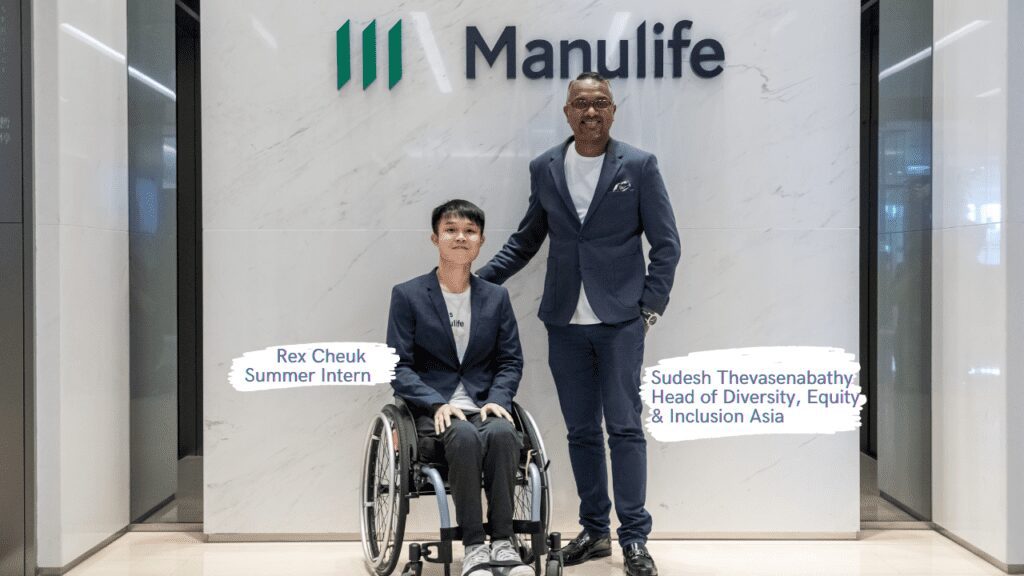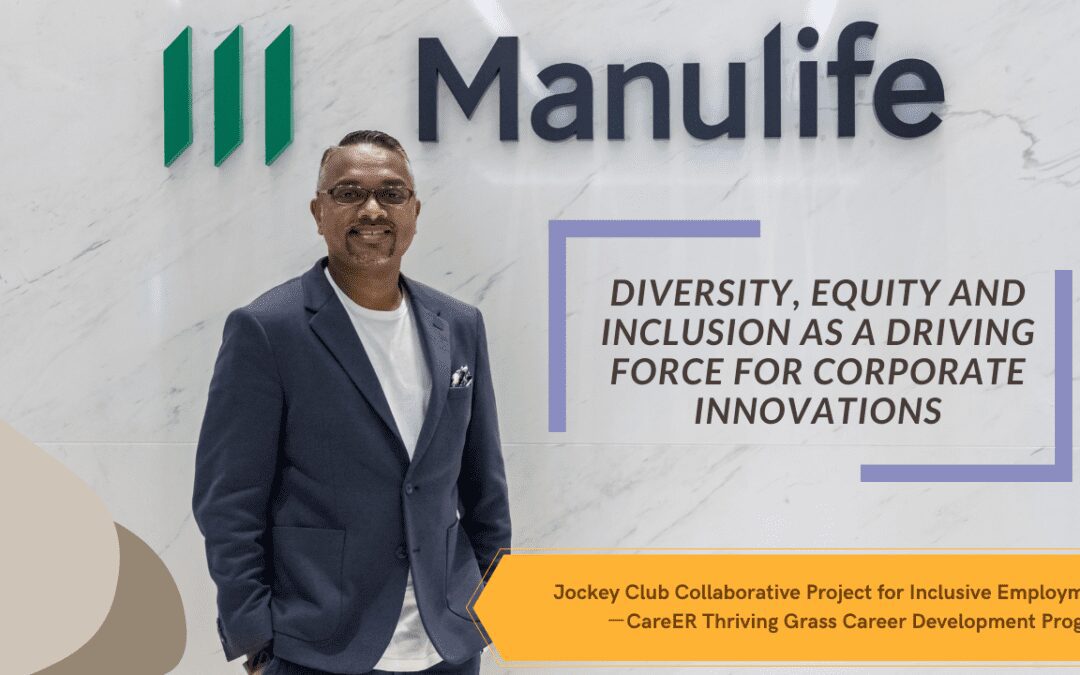Headquartered in Toronto, Canada, Manulife is a multinational insurance company with strong Canadian values and ethics deeply rooted in its corporate DNA. From Manulife’s standpoint, Diversity, Equity and Inclusion (DEI) are complex issues that need to be tackled holistically, and driving real change requires a long-term commitment from top management, ongoing efforts from its staff and members, and a thorough understanding of the needs of its local communities.
Having approximately 37,000 employees worldwide, out of which 19,000 are based in Asia, Manulife officially started its DEI journey in 2016, and identified that raising awareness, storytelling and changing perceptions are crucial to its DEI strategy’s success. To tackle this, Manulife launched a range of mandatory programs including ‘Unconscious Bias Training’ program in 2018 and a ‘Global Afternoon of Reflection and Learning’ in summer 2021, with the goals to end discrimination at work while creating a safe, inclusive space for all employees to speak up and become advocates on DEI issues.
In 2020, Manulife announced globally its commitment to invest a $3.5 million budget to accelerate its internal and external DEI efforts, by providing enhanced employees’ training and extensive support to under-represented communities and talents worldwide. With more financial resources and support from the senior level, a dedicated global DEI team representing Canada, U.S. and Asia was officially formed in mid-2020 to ensure the empowerment and inclusion of all kinds of employees with different beliefs, backgrounds, sexual orientation, abilities and disabilities at Manulife.
In the Canadian company’s point of view, inclusion means inclusion for all, and having a morally just corporate value and culture directly correlates to better business outcomes, as the journey of DEI acts as a catalyst for Manulife to evaluate, review and understand its stakeholders better, providing better solutions for its customers, as well as winning the hearts of its employees.
According to Sudesh Thevasenabathy, Manulife’s Head of Diversity, Equity & Inclusion for Asia, although Manulife’s involvement with disability inclusion is relatively new in Asia, its progress has advanced quickly along gender, LGBT and racial equality issues. In June 2021, through the Jockey Club Collaborative Project for Inclusive Employment – CareER Thriving Grass Career Development Program, Manulife provided opportunities to two CareER members with disabilities.

Rex (in the left) is one of the interns who has been placed at Manulife through the Thriving Grass Program in summer 2021.


